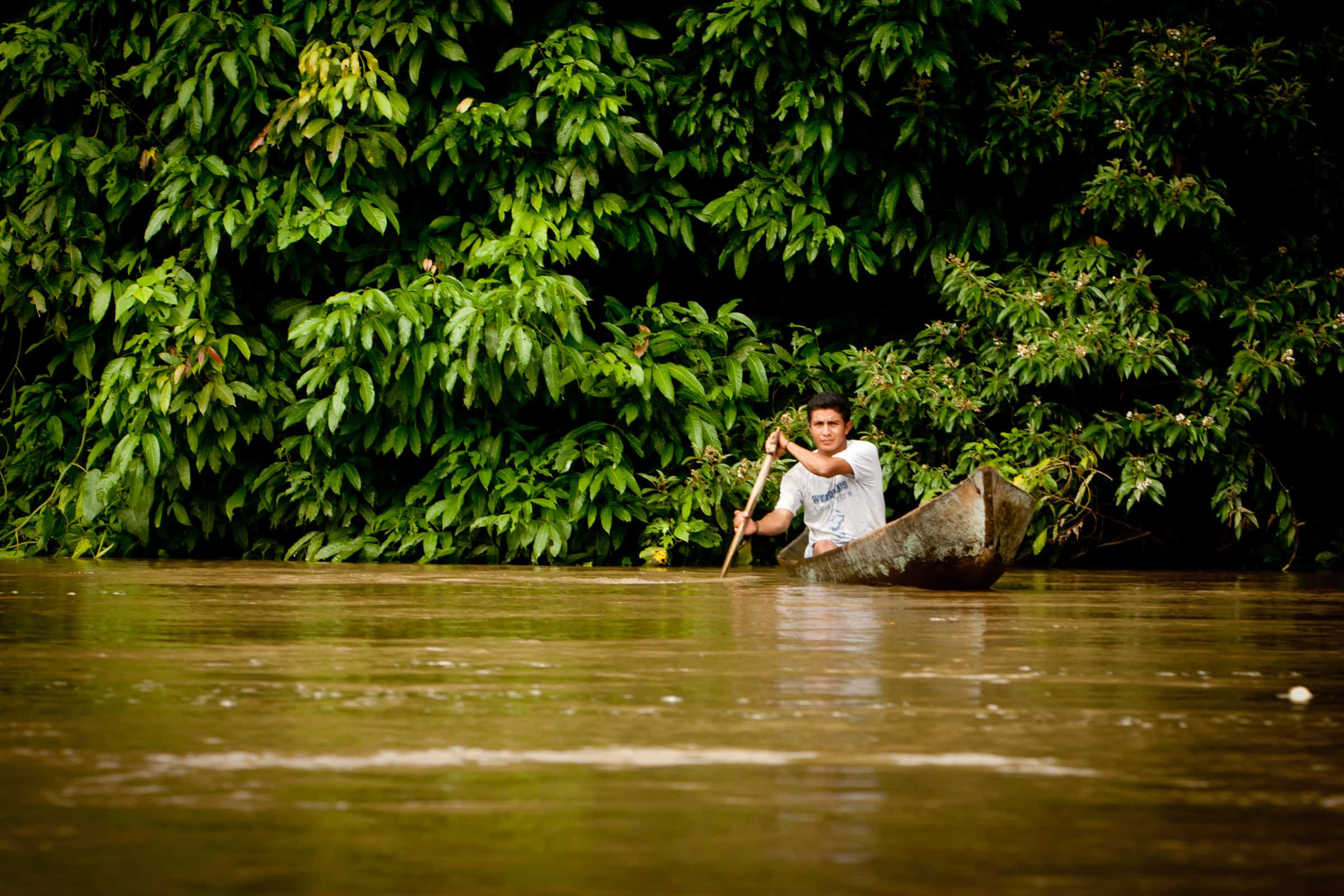A week after President Daniel Ortega and Chinese concessionaire HKND announced the proposed route for Nicaragua’s ambitious $40 billion interoceanic canal, Costa Rica formally requested environmental impact studies for the project, citing concern over the neighboring countries’ shared waterways.
“Costa Rica hopes that Nicaragua will send, before beginning any work, a trans-border environmental impact study and any other pertinent technical studies that it believes will affect Costa Rica,” Costa Rican Foreign Minister Manuel González wrote in a letter addressed to the Nicaraguan ambassador in San José, Samuel Santos López.
After acknowledging Nicaragua’s right to build large infrastructure projects in its territory, the letter specifically expressed concern over how the mega-project might affect water levels in the Colorado and San Juan rivers, over which Costa Rica holds navigation rights. The letter goes on to note possible increases in sediment in the Colorado River due to presumable dredging in Lake Nicaragua, the second largest fresh body of water in Latin America, after Lake Titicaca along the Peru-Bolivia border. The proposed canal would traverse Lake Nicaragua.
The minister’s letter also asked for mitigation plans in the event of oil spills or other ecological disasters attributed to the canal’s construction or eventual traffic.
The proposed canal route begins at the mouth of Brito River, on Nicaragua’s southern Pacific coast in the department of Rivas and near the country’s border with Costa Rica, and will continue through Lake Nicaragua and tributaries Tule and Punta Gorda, which empty into Nicaragua’s southern Caribbean coast.
HKND engineer Dong YungSong said the project would not cause “significant changes” to Lake Nicaragua’s water levels or the supply of water for residents within its basin.
“My country believes that Nicaragua will show a sign of good faith in its desire to comply with the highest international standards for environmental protection and its genuine promise to scrupulously observe its international obligations by sending [these studies] to Costa Rica and any other information that complies with such obligations,” concluded González’s letter.






